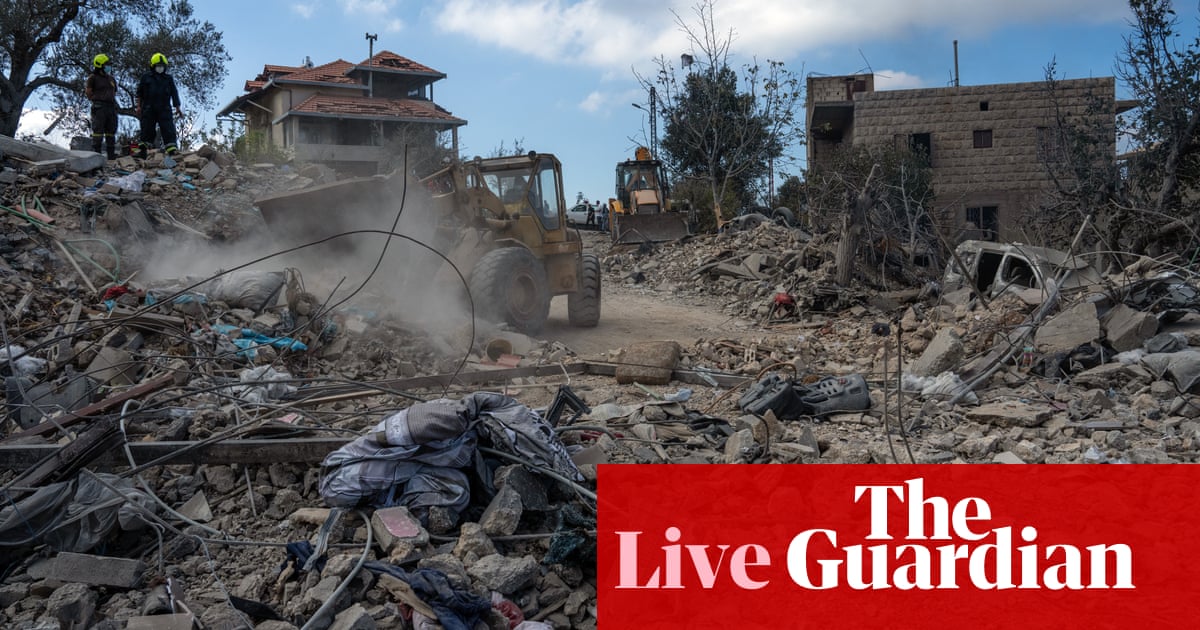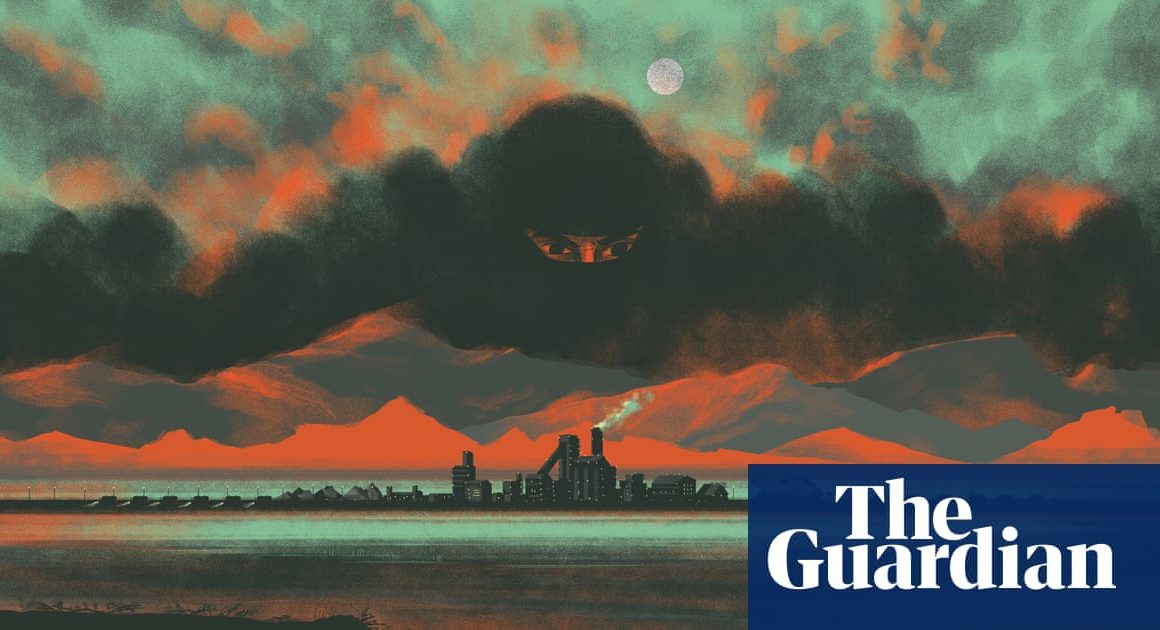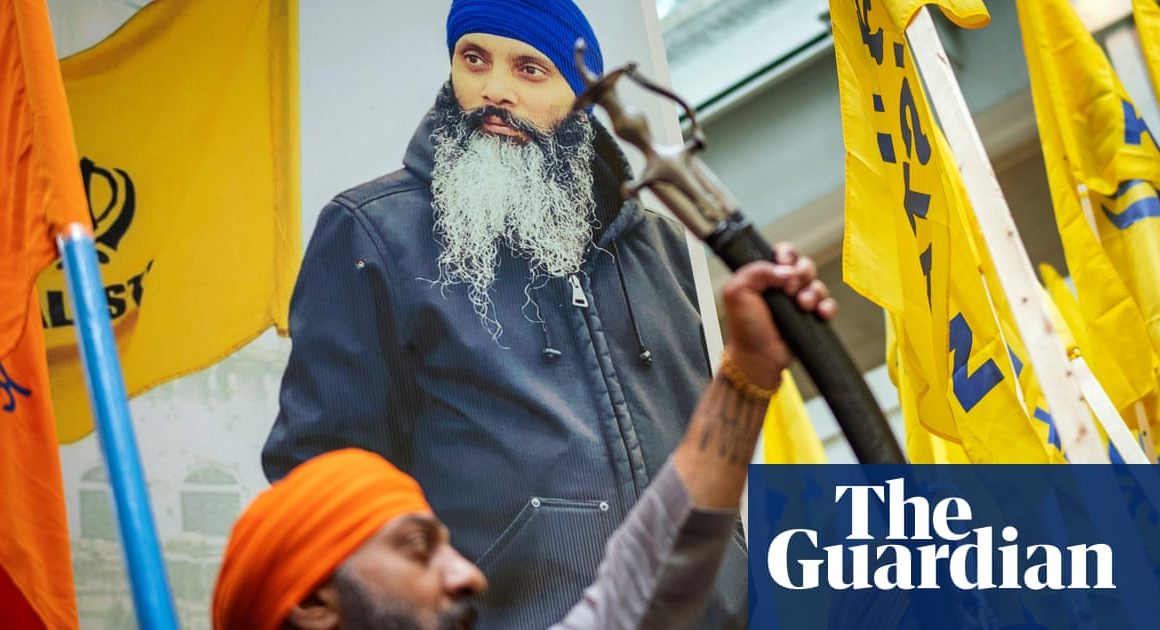Israel tells US it will not strike Iran’s nuclear or oil sites – reports
The Israeli government has provided assurances to the Biden administration that it will avoid striking Iran’s nuclear or oil sites when it responds to Tehran’s missile attack earlier this month, according to reports.
Israel’s prime minister, Benjamin Netanyahu, has told Washington that he is willing to strike military facilities in Iran, the Washington Post reported, citing two US officials.
US officials said Israel had agreed to focus its next attack on military targets in Iran instead of sites related to Iran’s oil industry or its uranium enrichment efforts.
According to AP, the Biden administration believes that sending a US Terminal High Altitude Area Defense battery to Israel and about 100 soldiers to operate it has eased some of Israel’s concerns about possible Iranian retaliation and general security issues.
No final decision is believed to have been made, the New York Times reported, adding that an Israeli retaliation could still be large in scale, possibly prompting Iran to continue the cycle of attacks.
The Israeli pledge only relates to its next attack against Tehran, according to the Post, meaning it could still pursue more ambitious targets later on.
Key events
Israel tells US it won’t strike Iran’s nuclear or oil facilities, reports say
Israel has offered assurances to the US that it will not strike Iranian nuclear or oil sites, two US officials told the AP news agency on the condition of anonymity.
The US has said it would not support Israel targeting Iran’s nuclear facilities while there has been concern that such a could trigger a global recession.
Here is more from Italian prime minister Giorgia Meloni who plans to visit Lebanon on Friday.
“We believe that the attitude of the Israeli forces is completely unjustified,” Meloni told the upper house of parliament, describing it as a “blatant violation” of a U.N. resolution that mandated the Lebanese mission.
In a later speech to the lower house, she said: “I believe that a withdrawal on the basis of a unilateral request by Israel would be a big mistake. It would undermine the credibility of the mission itself, the credibility of the United Nations.”
41 people killed in Israeli strikes on Monday, says Lebanese health ministry
The Lebanese health ministry said 41 people were killed and 124 were injured by Israeli strikes in Lebanon on Monday.
It added 2,350 people have been killed in Lebanon since the fighting began between Hezbollah and Israel last October and the number of wounded has risen to 10,906.

Mehdi Hasan
Over the past year, Israel has launched attacks on multiple countries and occupied territories: the Gaza Strip, the West Bank, Lebanon, Syria, Yemen and Iran.
Yet countries and territories aside, Israel has also targeted one specific organization with a series of unprecedented rhetorical and violent attacks.
Yes, the United Nations. We have all witnessed Israel, effectively, declare war on the UN.
Consider the record of recent weeks and months:
Israel’s prime minister, while standing on stage at the UN general assembly, denounced the body as “contemptible”, a “house of darkness” and a “swamp of antisemitic bile”.
Israel’s outgoing ambassador to the UN shredded a copy of the UN charter with a miniature paper shredder while also standing at the podium of the general assembly, and later said the UN headquarters in New York “should be closed and wiped off the face of the Earth”.
Israel’s foreign minister falsely accused the UN secretary general of not having condemned Iran’s attacks on Israel, declared him “persona non grata in Israel” and announced that he had “banned him from entering the country”.
Italy’s prime minister Giorgia Meloni has announced a visit to Lebanon later this week, and said heeding Israel’s unilateral demand for U.N. peacekeepers to be withdrawn from the country would be a “grave mistake”.
Speaking in the lower house of parliament, she said she expected to be in Lebanon on Friday and said a withdrawal of the UNIFIL mission “would be a grave mistake and undermine the credibility” of the United Nations.
A summary of today’s developments
-
US secretary of state Antony Blinken and defence secretary Lloyd Austin have reportedly told Israel it must take urgent steps to improve the humanitarian situation in Gaza to avoid legal action involving US military aid. “We are writing now to underscore the US government’s deep concern over the deteriorating humanitarian situation in Gaza, and seek urgent and sustained actions by your government this month to reverse this trajectory,” they wrote in an October 13 letter to their Israeli counterparts, posted by an Axios reporter on X.
-
The UK foreign minister David Lammy criticised the “inaction of the Israeli government” for allowing “impunity to flourish” among extremist settlers in the West Bank while announcing a fresh wave of sanctions against the groups in response to continued violence. The measures target three outposts and four organisations that have supported and perpetrated “heinous abuses of human rights” against Palestinian communities in the occupied territory, Lammy said.
-
The United Nations human rights office said the Israeli military appeared to be “cutting off North Gaza completely from the rest of the Gaza Strip.” “Amid intense ongoing hostilities and evacuation orders in northern Gaza families are facing unimaginable fear, loss of loved ones, confusion, and exhaustion. People must be able to flee safely, without facing further danger,” Adrian Zimmerman, ICRC Gaza head of sub-delegation, said in a statement.
-
The Pentagon said components for an advanced anti-missile system began arriving in Israel on Monday and that it would be fully operational in the near future, according to a statement.
-
An assailant shot dead an Israeli policeman and wounded five other people near the southern city of Ashdod on Tuesday in what police called a “terrorist” attack. The gunman was killed during the attack at the Yavne interchange along the highway connecting Ashdod to Tel Aviv, the authorities said.
-
The death toll of people killed in Israeli military strikes has risen to 50, Reuters reports, as Israeli forces tightened their squeeze around Jabalia in the north of the enclave on Tuesday, amid fierce battles with Hamas-led fighters.
-
Palestinian health officials said at least 17 people were killed by Israeli fire near Al-Falouja in Jabalia, the largest of Gaza’s eight historic refugee camps, while 10 others were killed in Bani Suhaila in eastern Khan Younis in the south when an Israeli missile struck a house.
-
Following the Israeli airstrike on the northern Lebanon village of Aitou, the UN human rights office said it had received reports that most of the 22 victims of the hit on a building there were women and children.
-
Israeli military strikes killed at least 40 Palestinians across the Gaza Strip as Israeli forces tightened their squeeze around Jabalia in the north of the enclave on Tuesday, amid fierce battles with Hamas-led fighters. Palestinian health officials said at least 11 people were killed by Israeli fire near Al-Falouja in Jabalia, the largest of Gaza’s eight historic refugee camps, while 10 others were killed in Bani Suhaila in eastern Khan Younis in the south when an Israeli missile struck a house.

Jason Burke
Benjamin Netanyahu’s office has said that Israel will decide alone on the form of any retaliation to Iran’s barrage of 180 missiles fired at the country earlier this month, although it would listen to advice from Washington.
The comments came after US media reported that the Israeli prime minister had given an assurance to the US president, Joe Biden, that Israel would not attack sites associated with Iran’s nuclear programme or oilfields before the US presidential election.
On Tuesday, Israel continued to press its offensive in Lebanon and Gaza, with airstrikes in Gaza killing a further 50 Palestinians as Israeli forces fought Hamas and other militants in the north of the territory.
Tens of thousands of civilians have been trapped in the densely populated northern Gaza neighbourhood of Jabaliya by a new Israeli military operation there. Most are suffering appalling conditions and mounting casualties from Israeli shelling, bombs and missiles.
In Lebanon, Israel’s military launched several strikes in eastern areas, a day after Netanyahu vowed to “mercilessly strike Hezbollah in all parts of Lebanon – including Beirut”.
Israel’s government has turned to its defence sector to bolster the military’s ability to intercept aerial drones launched by Iran or Hezbollah.
The country’s defence ministry said it had launched a competition among eight large and small companies.
“After analysing the trial results, the Defence Ministry will select several technologies to enter an accelerated development and production process. This aims to deploy new operational capabilities within months,” it said.
In addition to missiles, Iran, Hezbollah and others have used drones in attacks on Israel.
The United States has imposed sanctions on what it said was a key international fundraiser for the Popular Front for the Liberation of Palestine (PFLP), which Washington has designated a terrorist organization.
The U.S. Treasury Department, in action taken with Canada, said in a statement it imposed sanctions on the Samidoun Palestinian Prisoner Solidarity Network, accusing it of being “a sham charity that serves as an international fundraiser” for the PFLP.
The PFLP, which has also taken part in the fight against Israel in Gaza, was designated a Foreign Terrorist Organization and a Specially Designated Global Terrorist by the U.S. in 1997 and in 2001.
The Treasury said PFLP uses Samidoun to fundraise in Europe and North America. The group’s activities were banned by Germany last year, Reuters reports.
“Organizations like Samidoun masquerade as charitable actors that claim to provide humanitarian support to those in need, yet in reality divert funds for much-needed assistance to support terrorist groups,” Treasury’s acting under secretary for terrorism and financial intelligence, Bradley Smith, said in the statement.
More now on the political backdrop to the UK’s decision to impose sanctions on settlers in the West Bank for the third time.
The Foreign Office said the move had been in preparation for weeks and was not a kneejerk response to former UK foreign minister David Cameron’s disclosure that he would have sanctioned two members of the Israeli government.
Our diplomatic editor Patrick Wintour has more, below
The map below shows the areas of Gaza affected by the ongoing conflict. Israeli forces are thought to be tightening their grip around Jabalia in the north of the strip










